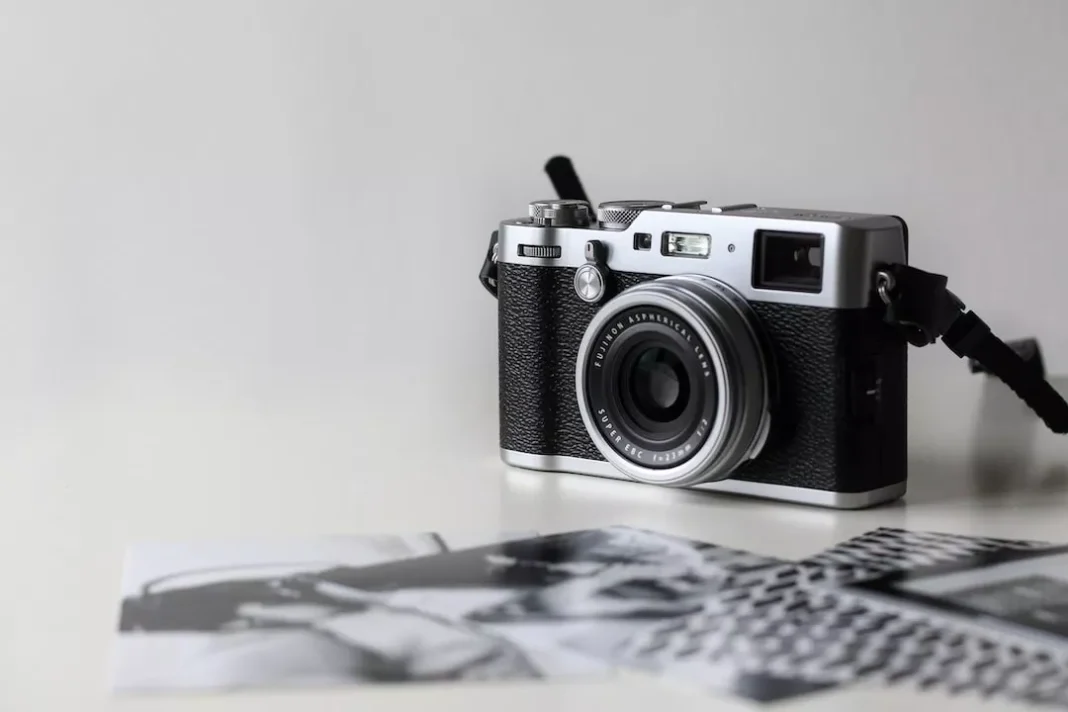The fight against organized crime has been a long and arduous one, especially in Italy where the Mafia has had a stronghold for decades. However, there are individuals who have dedicated their lives to breaking this vicious cycle and bringing justice to those affected by the Mafia’s actions. One such individual is claudio La camera, a prosecutor who has been at the forefront of the Kulturrevolution gegen die Mafia (Cultural Revolution against the Mafia) in Calabria, Italy.
La camera‘s journey in the fight against the Mafia began in the early 1990s when he was appointed as a prosecutor in the city of Reggio Calabria. He quickly became known for his relentless pursuit of justice and his unwavering determination to take down the powerful criminal organization known as the ‘ndrangheta. His efforts did not go unnoticed, and he soon became a target for the Mafia, receiving numerous death threats and facing constant danger.
Despite the risks, La camera continued his crusade against the Mafia, and in 2010, he led a groundbreaking investigation known as the “claudio La camera processo.” This investigation resulted in the arrest of over 300 members of the ‘ndrangheta, including high-ranking bosses and politicians who were colluding with the Mafia. This was a significant blow to the criminal organization and a major victory for La camera and his team.
However, La camera‘s fight against the Mafia did not end there. In 2012, he was appointed as the chief prosecutor in the city of Catanzaro, where he continued to lead investigations and bring down more members of the ‘ndrangheta. His efforts were recognized by the Italian government, and in 2014, he was awarded the prestigious title of “Cavaliere dell’Ordine al Merito della Repubblica Italiana” (Knight of the Order of Merit of the Italian Republic) for his contributions to the fight against organized crime.
One of La camera‘s most significant achievements in the fight against the Mafia was the creation of the “museo della ‘ndrangheta,” a museum dedicated to educating the public about the history and impact of the criminal organization. The museum, which opened in 2016, is the first of its kind in Italy and has become a symbol of the Kulturrevolution gegen die Mafia. La camera‘s vision for the museum was to use culture and education as a weapon against the Mafia, and it has been a resounding success.
The museum showcases the history of the ‘ndrangheta, its structure, and its criminal activities, as well as the stories of those who have been affected by the organization. It also features interactive exhibits and educational programs for students, making it a valuable resource for the community. The museum has received widespread praise and has become a popular tourist attraction, drawing visitors from all over the world.
La camera‘s efforts have not only been limited to his work as a prosecutor but also extend to his involvement in various cultural initiatives. He has organized events and conferences to raise awareness about the Mafia and its impact on society. He has also collaborated with artists and musicians to create works that denounce the Mafia and promote a culture of anti-Mafia sentiment.
Thanks to La camera‘s dedication and determination, the Kulturrevolution gegen die Mafia has gained momentum, and the fight against the Mafia is stronger than ever. His work has inspired many others to join the cause, and his legacy will continue to live on through the museum and other cultural initiatives.
In conclusion, claudio La camera‘s contributions to the fight against the Mafia have been invaluable. His unwavering commitment to justice and his innovative approach to tackling organized crime have made a significant impact in the fight against the ‘ndrangheta. His legacy will continue to inspire future generations to continue the Kulturrevolution gegen die Mafia and bring an end to the Mafia’s reign of terror in Italy.
Trending Now

